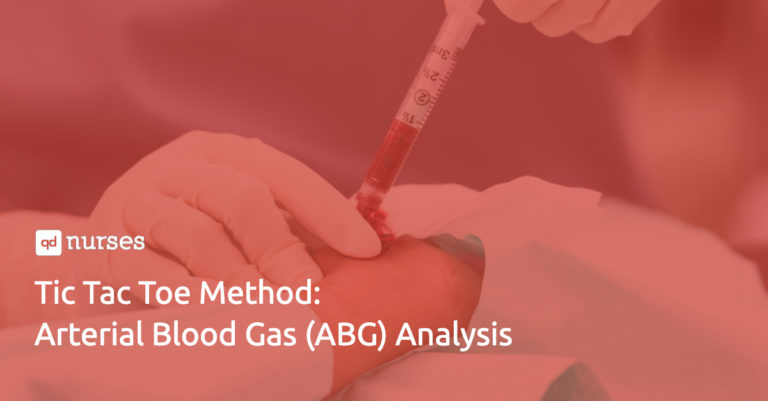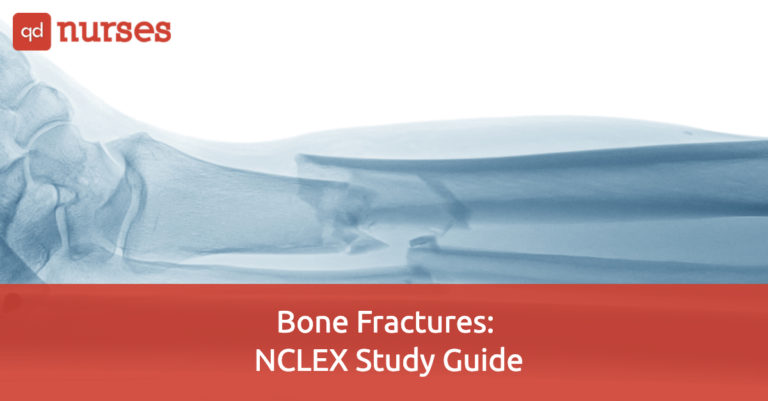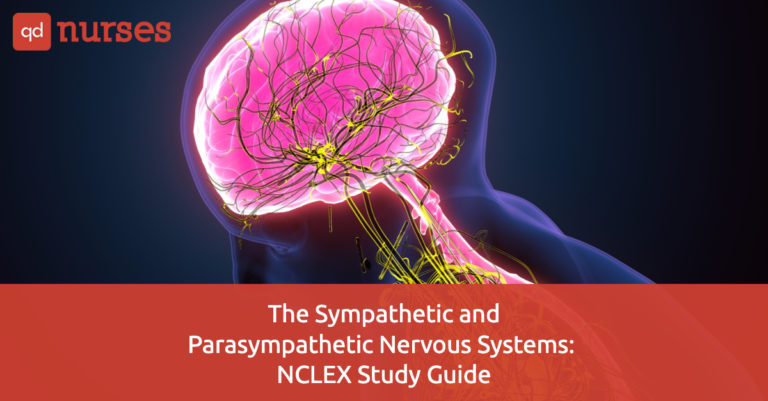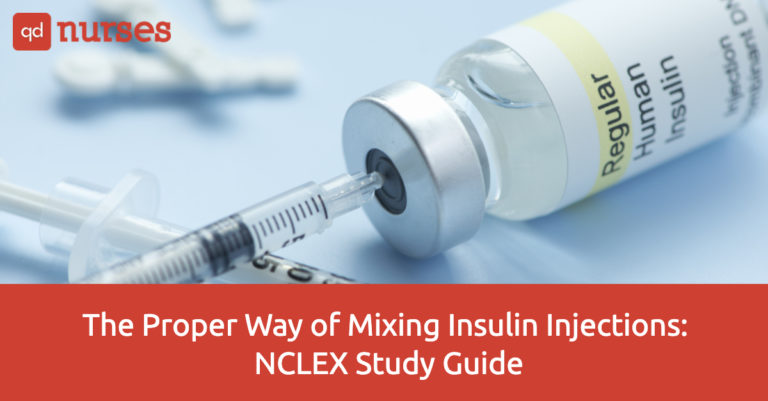
Tic Tac Toe Method: Arterial Blood Gas (ABG) Analysis
Arterial blood gas analysis is a laboratory test to know the patient’s acid-base balance. This laboratory test is also used to determine the extent

Nursing Review: 6 Most Common Reasons Why Osteoporosis Develops
Our bones play a crucial role in our body, they protect and support our internal organs and give the body shape. When bones do

NCLEX Review: Osteoarthritis & Rheumatoid Arthritis—3 Main Differences
In this NCLEX study guide, you will learn about the difference between Osteoarthritis and Rheumatoid Arthritis. Osteoarthritis It is a degenerative condition of the

Nursing Review: The 6 Types of Bone Fracture Nurses Should Know
Following a fall or an accident, your doctor would probably require you to undergo an X-ray or a bone scan to rule out a

Heparin vs. Warfarin: NCLEX Study Guide
What are Heparin and Warfarin? Both of these drugs are blood thinners used for the treatment and prevention of thrombosis or blood clots. A

The Sympathetic and Parasympathetic Nervous Systems: NCLEX Study Guide
Our nervous system mainly consists of the peripheral and central nervous systems. It is considered one of the most complex systems in our body.

The Proper Way of Mixing Insulin Injections: NCLEX Study Guide
What is Insulin? Insulin is a hormone produced by the pancreas that helps convert carbohydrates into energy needed by the body. Without proper insulin

Nursing Review: The 7 Main Indicators of Iron Deficiency Anemia
Iron-deficiency Anemia (IDA) is a kind of anemia caused by low levels of iron. Anemia is when there’s decreased erythrocyte or red blood cells

Nursing Review: The 4 Different Types of Blood Transfusion
What is a blood transfusion? The process of transfusing blood is a medical practice that started 1600 years ago. It is a method where

Nursing Review: Get to Know Better the 4 Different Blood Types
Healthcare workers should know the different blood types and their compatibility. This kind of laboratory test is vital if the patient needs a blood
